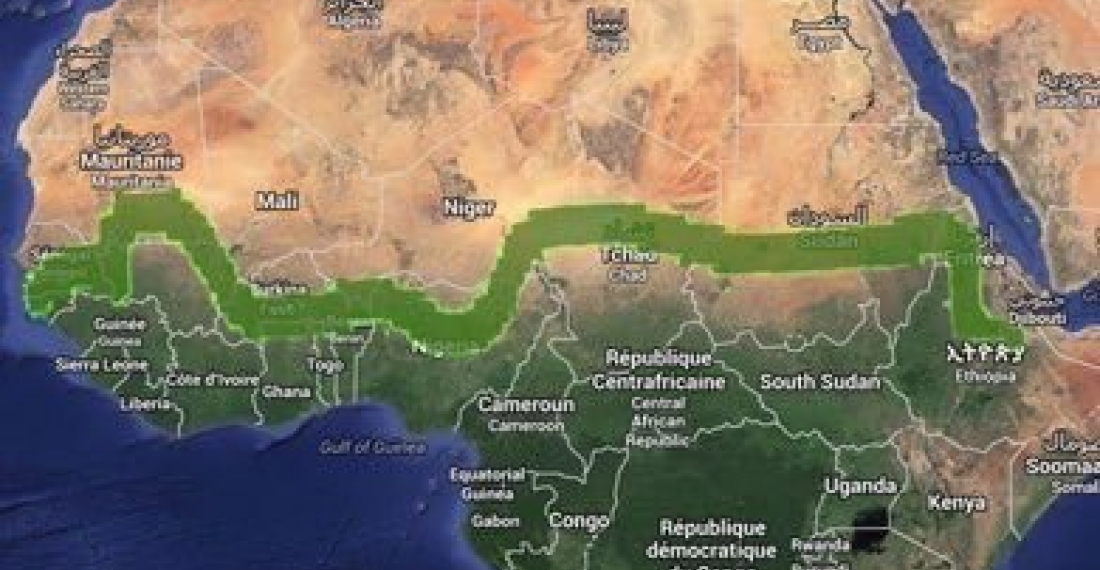The Sahel "Great green wall" is an ambitious project to plant trees across 7000 kilometers from the Red Sea to the Atlantic coast. The programme, aimed to combat the natural challenges the region is facing, demonstrates the will and commitment of both the people and the regional states not to accept to succumb to its geographic and climatic fate. The project is expected to generate jobs and will help communities avoid dangerous activities such as illegal immigration, terrorism or illicit trafficking.
Ibrahim Thiaw, the United Nations Under Secretary General and Executive Secretary of the United Nations Convention to Combat Desertification (UNCCD), writing on the newsletter, Africa Report says:
"While trees are essential, the Great Green Wall is more than just planting trees. Such an ambitious ecological restoration initiative can only succeed when communities find it beneficial, for instance, improving agricultural and pastoral production, transforming the rural economy and making it more economically attractive or creating the conditions for sustainability of production."
The provisional results from the first twelve years of the Great Green Wall are encouraging, with nearly 20 million hectares of land restored. Now, more countries have increased their commitment to reach the 2020 goals.
source: commonspace.eu
photo: The Great Green Wall stretches from the Red Sea to the Atlantic (Satellite imagery courtesy of NASA)







